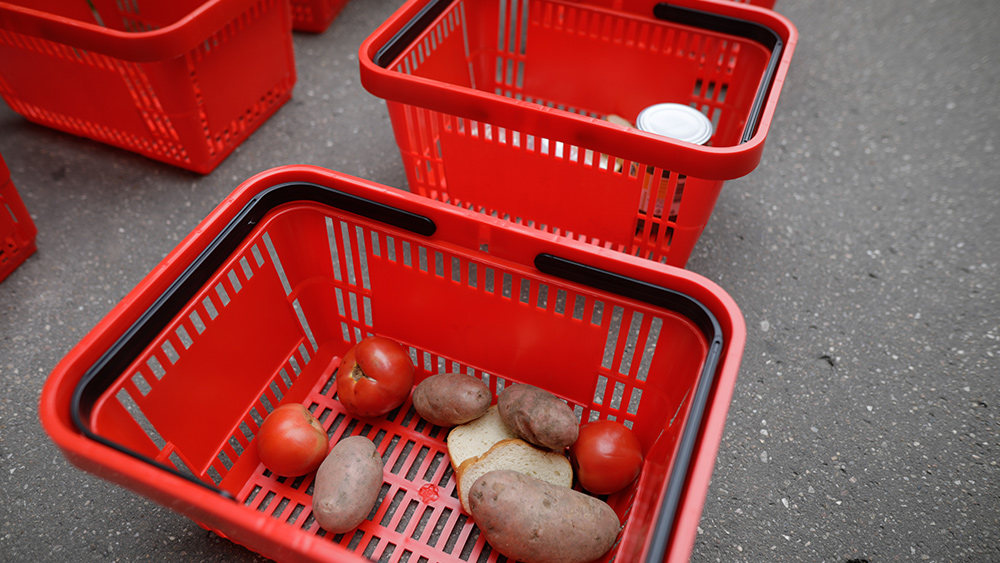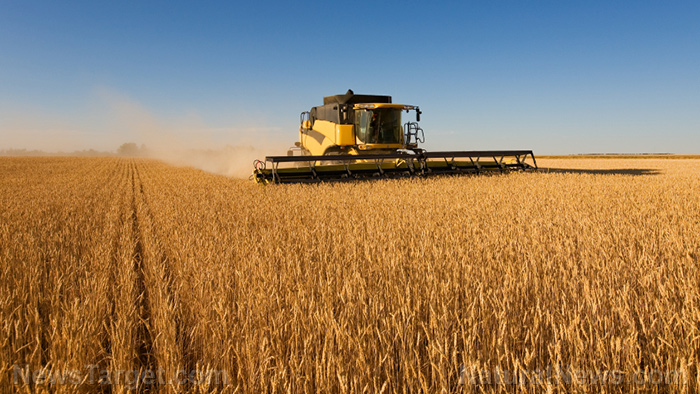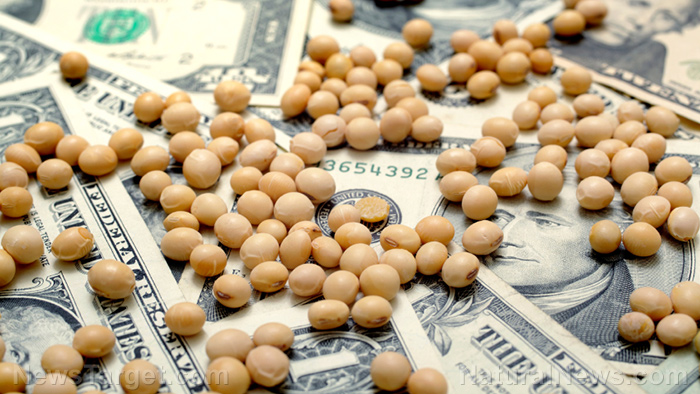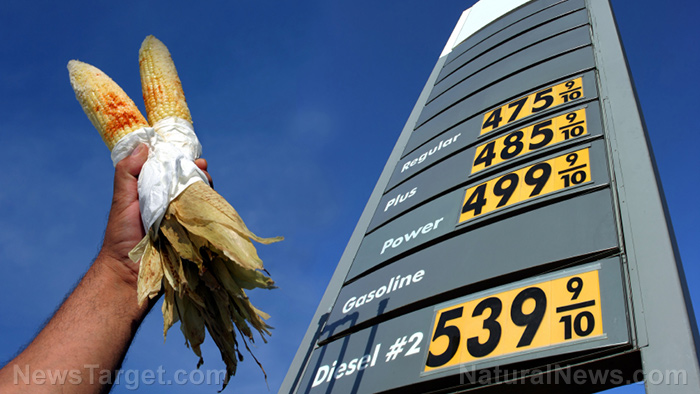Food prices nearing record highs, likely to get worse in coming weeks
05/09/2022 / By Arsenio Toledo

Global food prices are nearing record highs as disruptions to food exports exacerbate tight supplies and further stoke inflation.
The Russian invasion of Ukraine and the severe Western-led economic sanctions placed upon the former have reduced exports to a trickle. This has massively curbed supplies of agricultural products, notably grain and vegetable oil and fertilizer. (Related: Globalists have been planning to starve the world with food scarcity since at least 2015.)
Concerns about the export of fertilizers and agricultural products, along with freak weather events, inflation crisis and unresolved issues with the global supply chain, are adding to the threats faced by global food production and distribution.
Because of the restricted food supply, countries are being forced to purchase products like grain at steep prices.
This slow collapse of global food systems started last year, when acute food insecurity spiked by 25 percent, according to a report from the Global Network for Food Crises, which predicts that the hunger problem is likely to severely worsen by the end of this year.
“We’ve got the breadbasket of the world being turned into bread lines,” said David Beasley, executive director of the World Food Program, regarding the war in Ukraine. He added that a prolonged conflict in the region “is going to devastate the food security situation around the world.”
No end in sight for climbing food prices
In the United States, Brian Brenberg, executive vice president of business and economics for The King’s College in New York City warned that the 40-year high consumer prices will keep surging and likely lead the country into a recession.
“Food prices are at record highs. Corn, soybeans, wheat, other key input products still at record highs. Fuel still hanging at a very high level. Those two things are going to drive inflation here,” said Brenberg. “I don’t see a big end in sight for that.”
He further warned that decreased consumer spending coupled with an interest rate hike by the Federal Reserve will likely tip the American economy into a recession.
“Inflation’s a bad problem, recession is a bad problem as well,” he said. “This administration and the Fed backed themselves into a corner where we’re facing one or the other right now.”
Brenberg warned that if the economy goes into a recession, Americans will have a lot less money in their pockets to spend.
“[Businesses] stop investing, they stop hiring, which means now you’re talking about a jobs problem,” he said. “Jobs have been a fairly good news story in this economy. That could reverse with recession. That means wages start to fall as well.”
The most recent wave of inflation started really affecting Americans in April, according to Brenberg. “So now you’ve got inflation on top of inflation,” he said. But instead of finding a way to properly tackle this issue, Brenberg believes the administration of President Joe Biden is instead trying to find “any other topic to talk about,” including the ongoing war in Ukraine.
“Whether you’re talking about food, whether you’re talking about fuel, we’re talking about housing, whatever the area, people are getting nailed by this and they feel it intensely,” he said. “It’s not just that it’s a little bit of a problem for them, they’re saying, ‘This is a serious problem for me.'”
For more news about rising food prices, head over to FoodInflation.news.
Watch this episode of the “Health Ranger Report” as Mike Adams, the Health Ranger, speculates whether arson teams are being sent to burn down America’s food production infrastructure.
This video is from the Health Ranger Report channel on Brighteon.com.
More related stories:
Food shortages reached record high in April as inflation continues to skyrocket.
Floods delay plantings in Northern Plains, could trigger food shortage.
Sources include:
Submit a correction >>
Tagged Under:
chaos, economic crash, economic crisis, economy, food collapse, food costs, food crisis, food exports, food inflation, food prices, food supply, grocery, Inflation, panic, products, recession, starvation, supply chain, supply chain crisis
This article may contain statements that reflect the opinion of the author
RECENT NEWS & ARTICLES
COPYRIGHT © 2017 FOOD SUPPLY NEWS




















